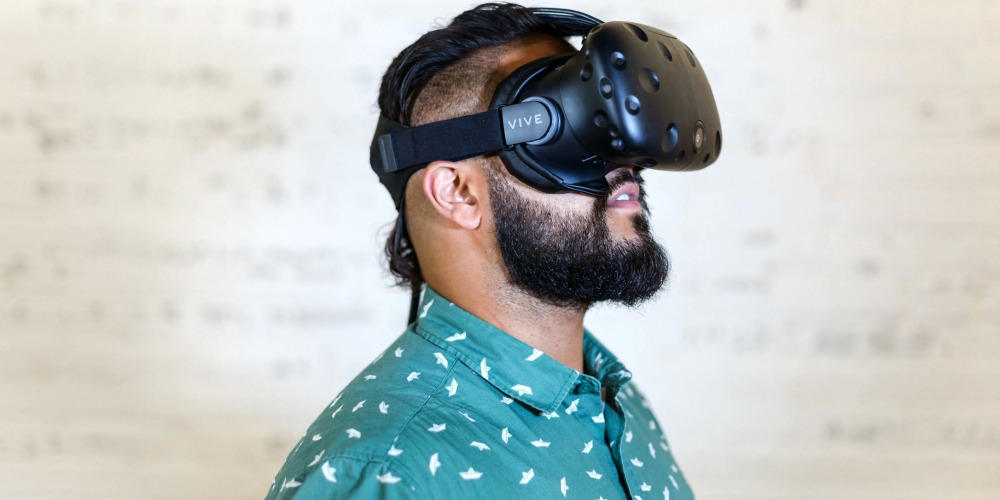Winding down
Oculus VR, the virtual reality branch of Facebook, recently announced what appears to be a belt-tightening measure in the face of tepid consumer responses to VR:
![]()
Story Studio, the in-house film studio at Oculus, will be “winding down.”
Story Studio
Facebook bet big on the VR pioneer in 2014, when it purchased the startup for $400 million (plus nearly $2 billion in stock). The acquisition made the Oculus name even bigger, and was likely designed to jump-start the industry.
Story Studio was designed, in part, to break VR out of the gaming world and provide a wider variety of high quality content to go along with the Rift headset.
The team at Story Studio produced numerous cutting-edge shorts, including Lost, Dear Angelica, and the Emmy award-winning Henry.
On one level, the venture was a proof of concept of sorts to demonstrate to traditional filmmakers that VR could provide them with exciting new ways to tell their stories, and hopefully inspire them to invest their time and resources into VR development. Now that the concept has been tried and tested and proven, it makes sense for Facebook to reallocate their VR resources, especially since they’ve historically been a platform or vehicle for content, rather than content creators.
On another level, though, the move could be viewed as a sign of trying times for the VR industry.
VR has yet to really break into the mainstream and Oculus has been performing worse than its newer competitors: after closing a series of in-store demo areas in response to low demand, Oculus knocked off $200 for its Rift headset and motion controllers to compete with competitors like Sony.
“The work Story Studio was doing was compelling,” says the vice president and principal analyst at Forrester J.P. Gownder, “but it wasn’t making money.”
Not the future they hoped for
If you asked analysts a few years ago, they’d be surprised to see the virtual reality market moving so slowly. Now, experts predict mainstream interest won’t hit for about five to ten years. Though Oculus has loyal fans amongst gamers and businesses looking for innovative employee training methods, or immersive product design tools.
“We’re still at an early adopter phase, so the market still hasn’t seen a takeoff,” says Gownder. It seems like what the market really needs is to figure out what it is that mainstream consumers will actually buy.
#StoryStudio
Staff Writer, Natalie Bradford earned her B.A. in English from Cornell University and spends a lot of time convincing herself not to bake MORE brownies. She enjoys cats, cocktails, and good films - preferably together. She is currently working on a collection of short stories.













































